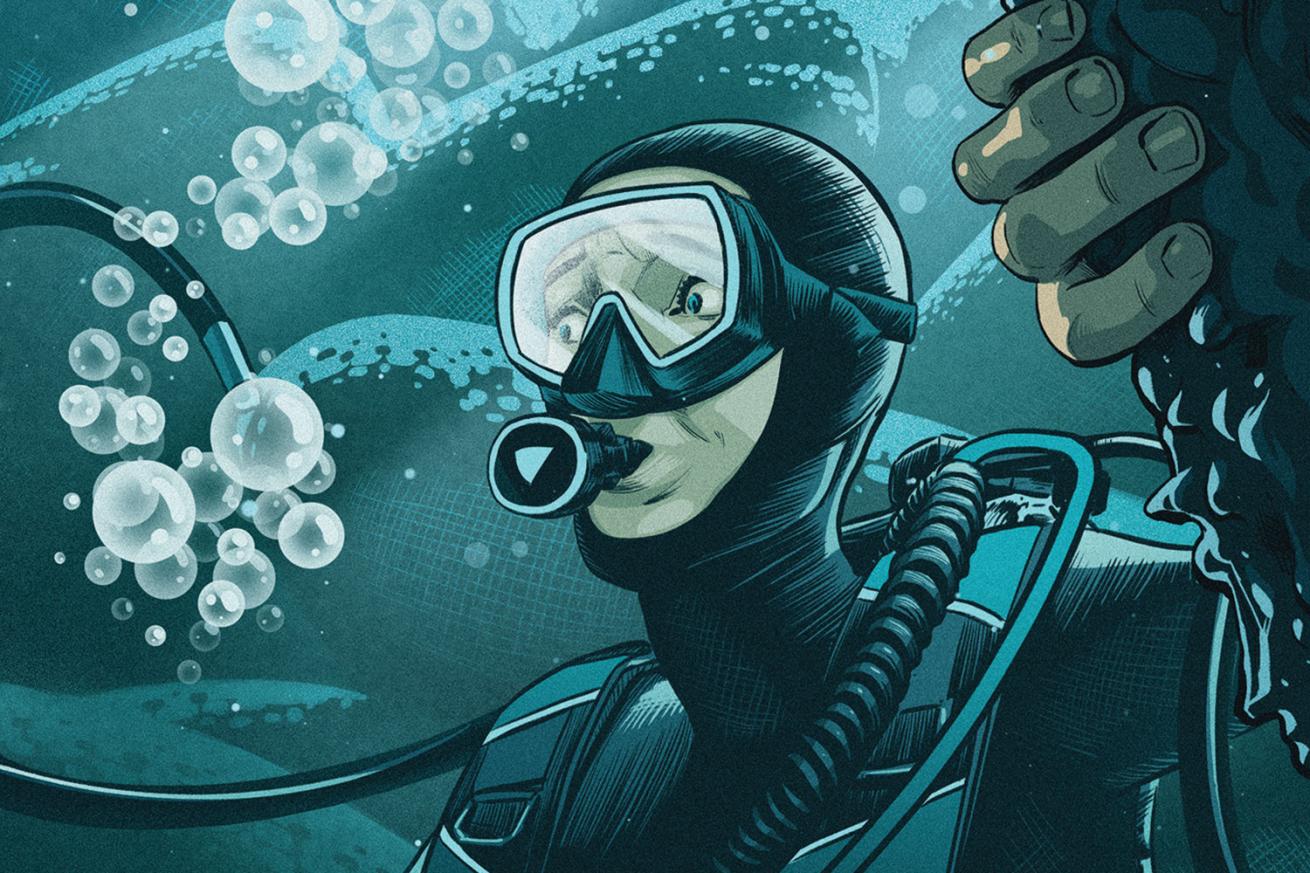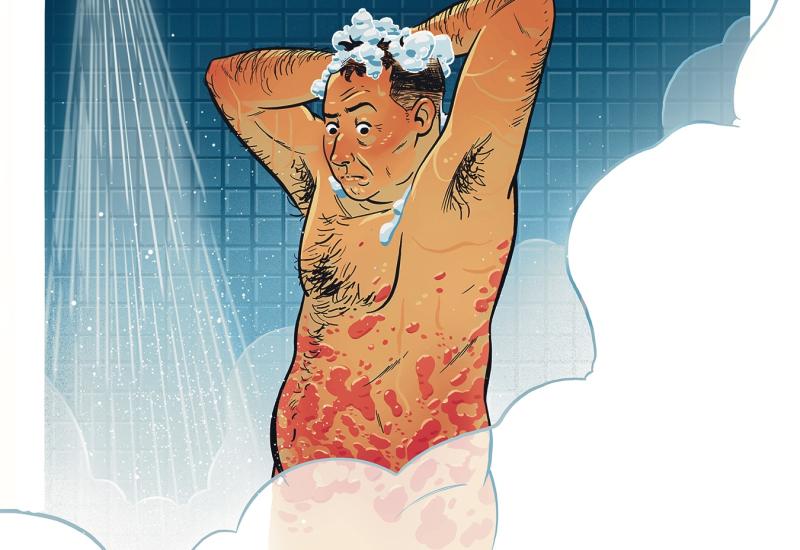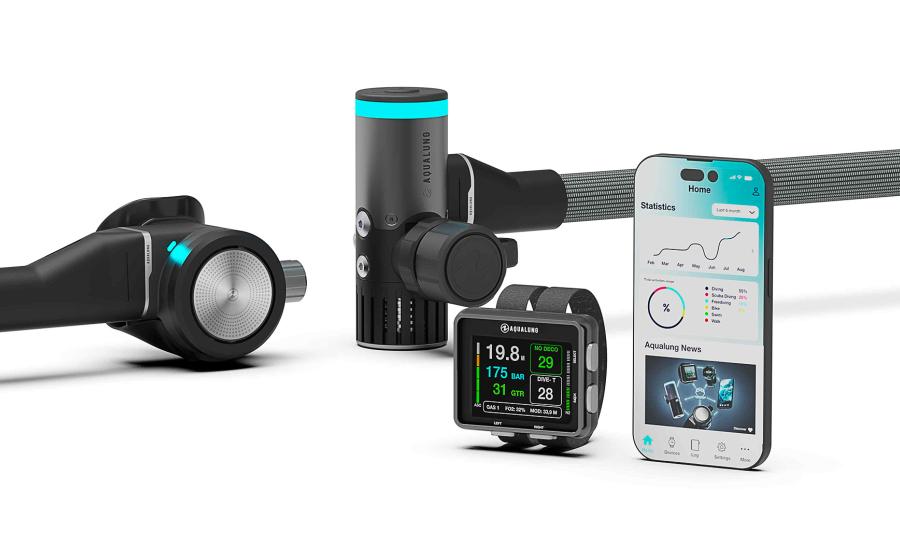What It's Like When Your Scuba Regulator Falls Apart

Steven P. HughesA routine dive turns to panic when a scuba diver's regulator falls apart in a cavern.
I couldn’t resist a satisfied smile as I looked over the ScubaLab test-team divers scattered inside the cavern. Today, we were testing regulators at Blue Grotto, in Williston, Florida.
The most challenging testing would be conducted in a narrow, horseshoe-shaped tunnel that descends to 100 feet. The test divers were experienced, and many had previously participated in ScubaLab testing. The tunnel is not wide enough for two divers to maneuver side by side, so I hovered above my buddy as she positioned herself in 65 feet of water to run through our deepwater protocols.
My heart skipped a beat as a large mass of bubbles suddenly flew up from below. I knew something was wrong. In the gloom of the tunnel, I could see she was breathing from her octo reg. We aborted the dive and headed to the surface, where she told me that the regulator’s second stage had flown away from her, with the mouthpiece still in her mouth. She was confused, and fought the urge to bolt to the surface before her training kicked in and she grabbed the octo. She was shaken by the accident and her brief panic.
In the rush to send us the reg in time for the tests, the manufacturer sent it without a zip tie securing the second-stage mouthpiece. The experience drove home an important lesson about thoroughly checking your equipment as part of a predive check. In the excitement to “get wet,” divers sometimes are careless about examining regulators, hoses, inflators, dive computers and weight pockets. It’s important not to get complacent. Don’t assume manufacturers and dive-shop technicians have ensured that your equipment is safe to dive. Ultimately, you are responsible for making sure your dive equipment is ready for use.










